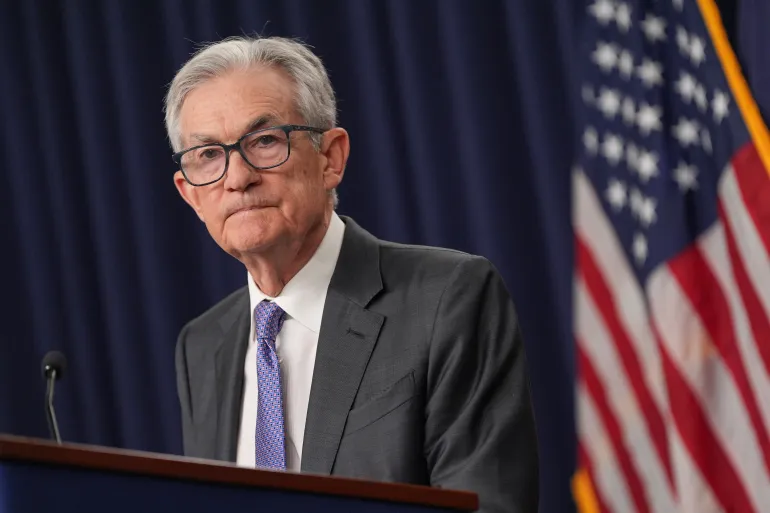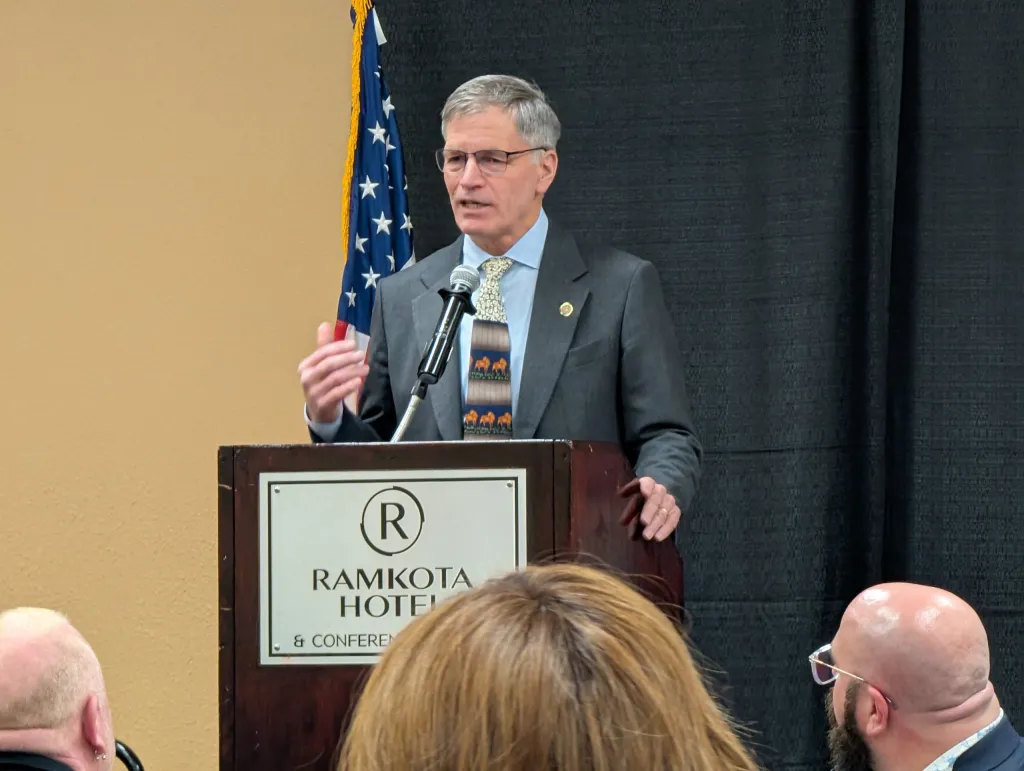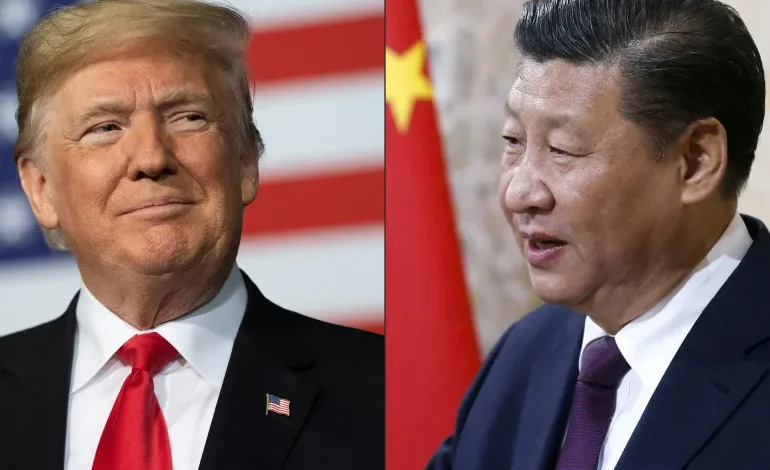U.S. President Donald Trump has described Chinese President Xi Jinping as “very tough and extremely hard to make a deal with,” days after accusing Beijing of violating a recent tariff agreement aimed at de-escalating trade tensions between the two economic superpowers.
In a post on his Truth Social platform Wednesday, Trump reaffirmed his personal regard for Xi, saying:
“I like President Xi of China, always have, and always will,” but stressed the difficulties of negotiating with him. “He is VERY TOUGH, AND EXTREMELY HARD TO MAKE A DEAL WITH,” the president wrote.
The comments come amid growing uncertainty over the implementation of a high-profile trade agreement reached last month in Geneva. Under the deal, the U.S. agreed to lower tariffs on Chinese goods from 145% to 30%, while China pledged to reduce its tariffs on U.S. exports from 125% to 10%.
At the time, analysts viewed the agreement as a surprise breakthrough, easing fears of a broader trade war. However, tensions have quickly resurfaced.
On Monday, China’s Ministry of Commerce accused the U.S. of “severely violating” the terms of the Geneva accord and warned that Beijing would take retaliatory steps to protect its economic interests.
According to the ministry, the U.S. had taken unilateral actions that undermined the deal, including halting sales of chip design software to Chinese firms, banning the use of Chinese-made chips from tech giant Huawei, and canceling visas for Chinese students.
China also accused Washington of breaching a separate agreement reached during a January phone call between Xi and Trump.
White House Press Secretary Karoline Leavitt said earlier this week that President Trump intends to speak directly with Xi to address the dispute and attempt to salvage the broader trade framework.
While Trump has publicly claimed that China “totally” violated the terms of the agreement, he has not specified which provisions were allegedly broken. However, U.S. Trade Representative Jamieson Greer told reporters that China had failed to lift certain non-tariff barriers as promised.
Adding to the controversy, a U.S. trade court last week ruled that President Trump had exceeded his authority by imposing many of the original tariffs under emergency powers. But within 24 hours, a federal appeals court stayed that decision pending further review.
The legal back-and-forth underscores the complex and contentious nature of U.S.-China trade relations, which continue to have wide-ranging implications for global markets.
With input from Al Jazeera, Reuters.










The latest news in your social feeds
Subscribe to our social media platforms to stay tuned